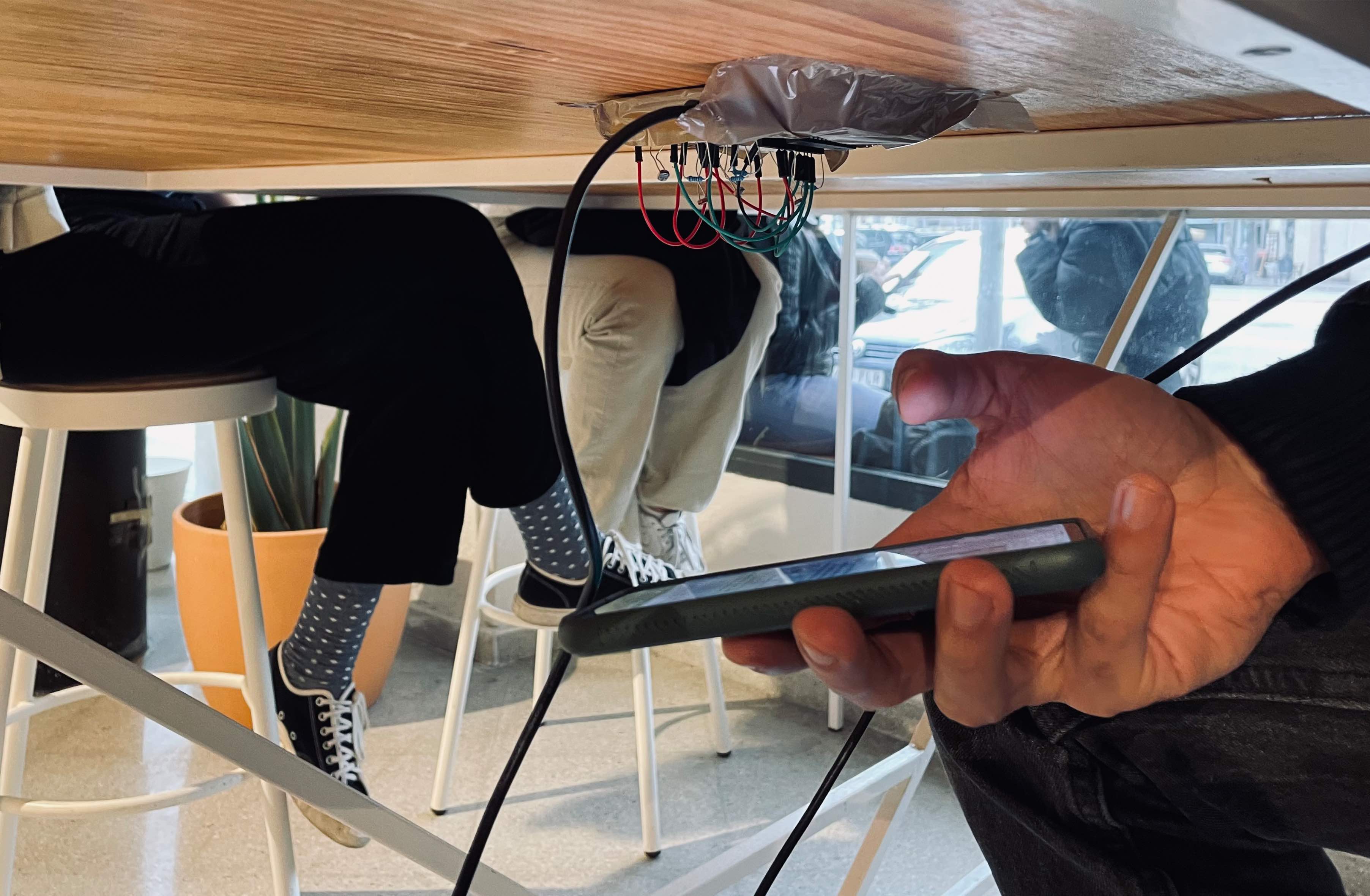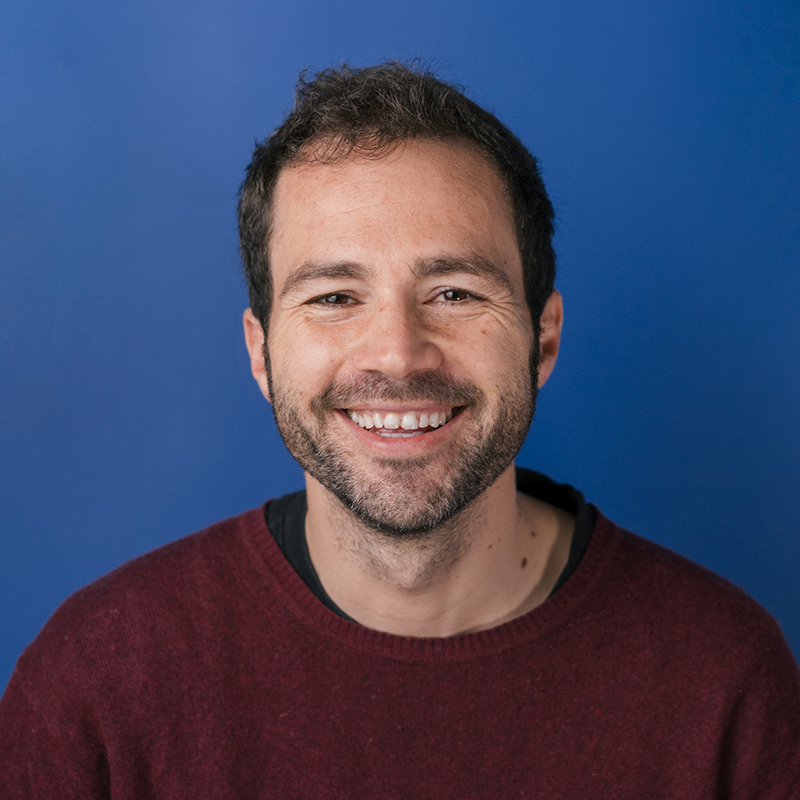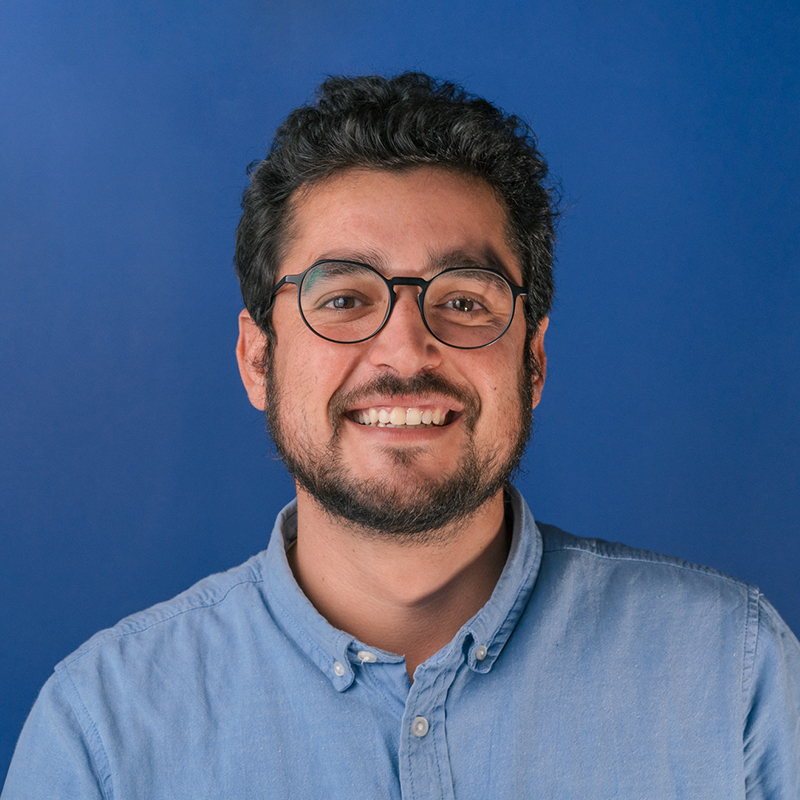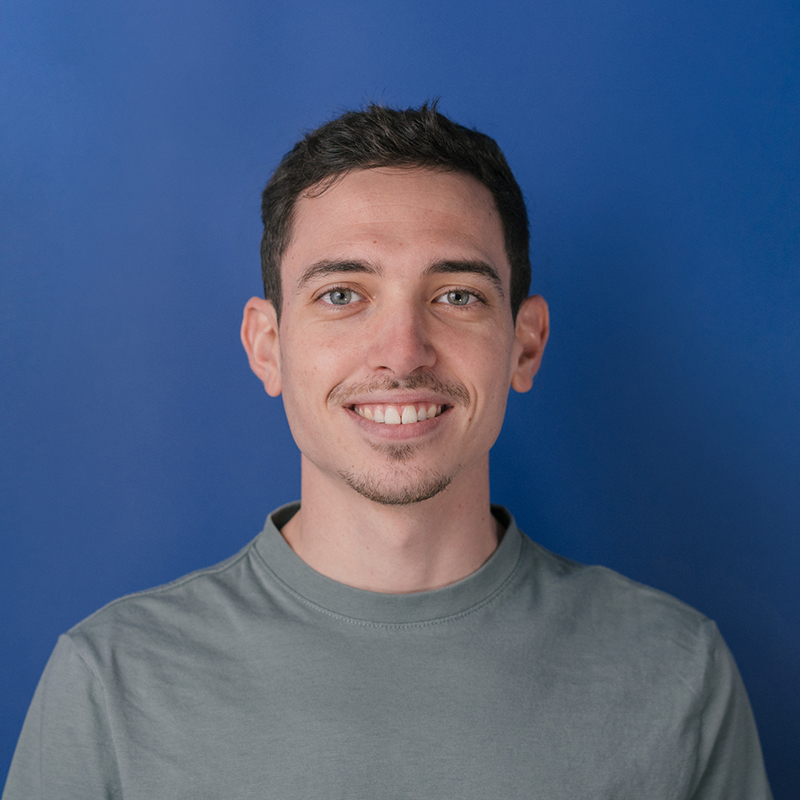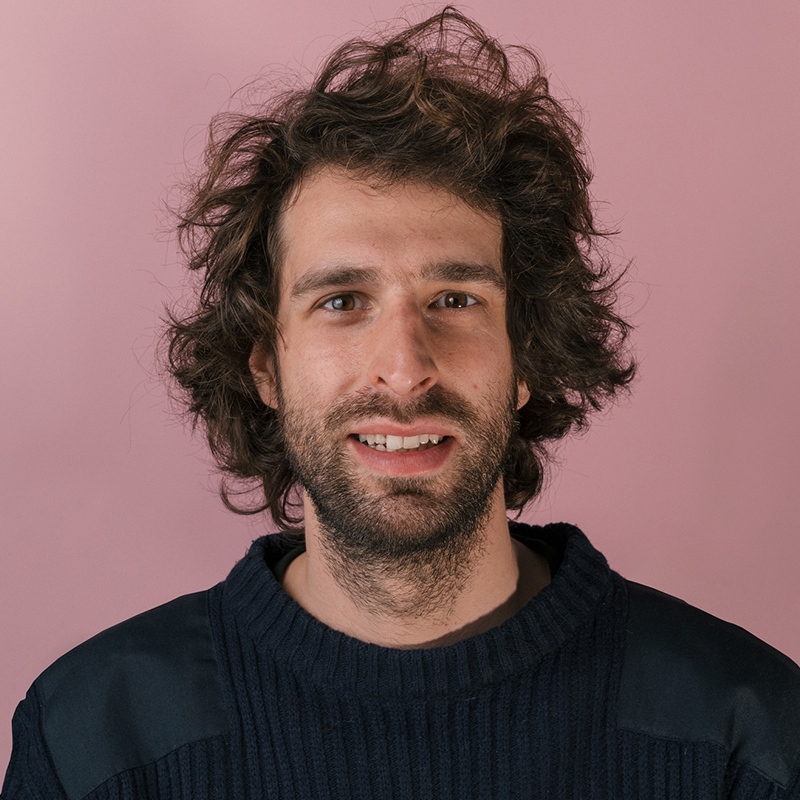Syllabus⇝
We spend our lives interacting with objects and interfaces who’s underlying technology we hardly understand not merely due to their complexity but also because they were intended to be closed by design. Through the idea of hacking, we will explore the internal components building everyday objects, from coffee machines to wi-fi networks, while learning how to use open software and hardware tools to change the way they work and interface with the world.
Is a practical and intensive two-weeks experimental program into fabrication, physical computing and introduction to the Fab Lab environment. It has been designed to fill knowledge gaps and aimed to prepare students to succeed and improve their experience for rapid prototyping.
Our active learning methodology is based on the practice and spiral development, designed to encourage the creativity and imagination of the participants, as well as stimulate the search for tools and solutions for their correct definition.
We will offer an impact experience, seeking to inspire and motivate the participants to use the possibilities of digital manufacturing and technologies to prototype, design, fabricate and program an “honest” mechanical artifact.
Forensics of the obsolescense (Context workshop)⇝
Forensics of obsolescence confronts students with the results of today's consumers' electronics industry model. By tearing apart broken everyday objects we uncover key topics such as systems thinking, suppli chains, intellectual models, or programmed obsolescence. On top of it, by using a hands-on approach we introduce the use of fundamental technology prototyping concepts: datasheets, multimeter, power supplies, electronic tools. Students will document their findings by writing a "forensic report" of each artifact.
Output: A written "forensic report"
Measuring the world introduces students to the concept of a world in data by designing artifacts to measure their daily analog and digital activity. The fundamental aspect is to understand nowadays data-driven world from the sourcing, that could range from a temperature sensor to an Instagram like postprocessing, storage, and consumption. It aims to work both as an introduction to some key concepts behind physical computing to support the Machines that Make but more importantly as an introduction to the idea of the information that is critical to the Extended Intelligence module.
Output: A dataset
Machines that make, materials that grow (Context workshop)⇝
Machines that make introduces the fundamental concepts of digital fabrication when we move away from rapid prototyping and explore the true potential of from bits to atoms [...] from making to growing. Output: A drawing of a future machine that grows.
Almost useless machines (Experience workshop)⇝
Almost useless machines focus introduces the core idea actuating the real world by asking students to assemble a mechanical artifact with no much purpose than itself. Its primary goal is to move away from students from the small-scale, almost invisible, digital-only approach to technology highly influenced by today's service economy into the scale of artifacts that impact and transform the physical world. In the making, students will put into practice the fundamental stages of rapid prototyping in Fab Labs from building a mockup to integrating multiple digitally fabricated components into a working artifact.
Output: A useless machine
https://hackmd.io/@fablabbcn/BJA1L3PDK
Deliverables⇝
Students are requested to submit all the material requested by the faculty + their reflections about the seminar on the MDEF repository on GitLab https://mdef.iaac.net/ within a maximum of 1 week after the students’ submission deadline.
-
Write a post out your weekly experience
-
Deliver the forensic report completely filled
-
Reflect your learning goals and possible applications of the technology learned
-
Add link to the exploration tools and files you produced and used in your repo (Video and Slide presentation, Forensic report)
All the students have to document their work for the course:
-
Personal reflexions and learning outcome post (personal MDEF webpage)
-
Video and Slides of the machine (Google drive)
The deadline for the students to submit their work for your seminar is Sunday the 18th of November.
Video
-
Video at minimun 1080p stabilized (not hand held recordings, use a tripod if you don ́t know how to stabilize by software) BETWEEN 30SEC TO 1MIN
-
Open source music matching the artifacts(properly acknowledged).
-
Ideally, the sound produced by the machine will also be recorded in the video.
-
Entry and finish titles with team names, name of the artifact and Iaac/FablabBCN .
Slides
Forensic report abstract (reflection)
- Design process (how did you ideate)
- What is supposed to do or not to do.
- Ideas or concept in the context
- How is it made (Materials, parts)
- System diagram (illustration explaining function, parts, and relations)
- The coding Logic (Algorithms and flowcharts, pseudocoding )
- Photographs of the end artifacts
- Iteration Process - Learning by Accomplishments and failure
Additional Resources⇝
Bibliography and Background Research Material
Some of the books can be found online for free, use google and archive.org
Getting Started with Arduino, Banzi, Massimo. Maker Media, Inc, 2008 (ISBN 9780596155513) 128 pages. Fifty Dangerous Things (You Should Let Your Children Do), Tulley, Gever. Tinkering Unlimited, 2009 (ISBN 9780984296101) 130 pages.
The Design of Everyday Things, Norman, Donald A.. Basic Books, 1988 (ISBN 9780465067107) 240 pages. The Hacker Ethic: and the Spirit of the Information Age, Himanen, Pekka. Random House, 1999 (ISBN 9780375505669) 256 pages.
Hacking Electronics: An Illustrated DIY Guide for Makers and Hobbyists: An Illustrated DIY Guide for Makers and Hobbyists, Monk, Simon. McGraw-Hill/Tab Electronics, 2012 (ISBN 9780071802369) 304 pages. Designing Reality: How to Survive and Thrive in the Third Digital Revolution, Gershenfeld, Neil. Basic Books, 2017 (ISBN 9780465093472) 304 pages.
How to Diagnose and Fix Everything Electronic, Geier, Michael Jay. McGraw-Hill/Tab Electronics, 2010 (ISBN 9780071744225) 316 pages.
Technology Choice: A Critique of the Appropriate Technology Movement, Willoughby, Kelvin. Intermediate Technology Publications, 1990 (ISBN 9781853390579) 368 pages.
Make It So: Interaction Design Lessons From Science Fiction, Shedroff, Nathan. Rosenfeld Media, 2012 (ISBN 9781933820989) 368 pages.
Building Open Source Hardware: DIY Manufacturing for Hackers and Makers, Gibb, Alicia. Addison-Wesley Professional, 2014 (ISBN 9780133373905) 368 pages.
The Master Switch: The Rise and Fall of Information Empires, Wu, Tim. Knopf, 2010 (ISBN 9780307269935) 384 pages.
Dieter Rams: As Little Design as Possible, Lovell, Sophie. Phaidon, 2010 (ISBN ) 398 pages. To Save Everything, Click Here: The Folly of Technological Solutionism, Morozov, Evgeny. PublicAffairs, 2013 (ISBN 9781610391382) 415 pages.
Adventures in the Anthropocene: A Journey to the Heart of the Planet we Made, Vince, Gaia. Vintage, 2014 (ISBN 9780099572497) 448 pages.
Designing for Emerging Technologies: UX for Genomics, Robotics, and the Internet of Things, Follett, Jonathan. O’Reilly Media, 2014 (ISBN ) 504 pages.
The Innovators: How a Group of Hackers, Geniuses and Geeks Created the Digital Revolution, Isaacson, Walter. Simon and Schuster, 2014 (ISBN 9781476708690) 542 pages.
Designing Interactions [With CDROM], Moggridge, Bill. MIT Press (MA), 2006 (ISBN 9780262134743) 766 pages.
Faculty⇝
Santiago Fuentemilla Garriga , is Master degree in Architecture and postgraduate in digital fabrication and rapid prototyping (Fabacademy). He accumulates more than 15 years of experience in studios (OPR, FHAUS, OPERA, Brullet de Luna associats), designing multidisciplinary projects at an international level. Since 2013 he is part of the IAAC - Fab Lab BCN team, as coordinator and leader of Future Learning Unit (FLU), an area of research, design and implementation of innovative educational models that promote growth, learning and creativity to generate opportunities to achieve the goals and challenges of uncertain futures. FLU participates in private and EU funded research projects such as TEC-LA, Shemakes, Ruractive, DOIT, Phablabs 4.0, Creative Minds, among others. He is director of the global academic programs Fab Academy and Fabricademy, in the Barcelona node, executive board of Fab Learning Academy, and faculty of the Master in Design for Emergent Futures (MDEF) and The Master in Design for Distributed Innovation (MDDI).
Eduardo Chamorro is an architectural technologist, additive manufacturing expert and researcher, focusing on digital fabrication, materials, robotics and emerging technologies.
He is currently a PhD candidate at Swinburne University (Melbourne, Australia) in High performance composites additive manufacturing for architecture.
Works as faculty and researcher at FabLab Barcelona & IAAC (Institute for Advanced Architecture of Catalonia) in Barcelona, Spain as faculty in the Master in Design for Emergent Futures (MDEF), Master for Advanced Architecture (MAA), Master in Advanced Ecological Buildings (MAEB), 3D Printing in Architecture (3DPA), FabAcademy at IAAC FabLab Barcelona. For him, working in a multi-scalar environment must be the priority of architects nowadays. His research focuses on the implementation of additive manufacturing technologies along different architectural scales imaging multiple processes and materialities.
Eduardo holds a Master's Degree in Architecture from CEU San Pablo University (Spain), a Fab Academy diploma in Digital Fabrication offered by the Fab Lab Network and a Master's Degree in Advanced Architecture from IAAC (Spain), with a specialisation in digital fabrication, materiality novel design methodologies. He holds as well a Spanish architectural licence.
Moreover, he has worked as Fab Lab Seoul director, researcher at several architecture studios, professor of computational design and fabrication at CEU University and advisor for various architecture collectives. He is also a regular collaborator at Fab Lab Madrid. He is always seeking innovative architecture that attempts to solve and adapt to social needs. He has also been a tutor for the Master of Science in Computational and Advanced Design (MSc CAD) at Design Morphine - UACEG (University of Architecture, Civil Engineering and Geodesy).
Josep Martí is an Industrial Engineer from Barcelona. Josep started his career as a BI consultant but decided to change his professional path graduating from Fabacademy in 2019. Since then, he has taught digital fabrication, design and electronics in the Fablab, being part of the Future Learning Unit teaching in Fabacademy, Fabricademy and the Master in Design in Emergent futures. Recently, he started his path as a researcher in Erasmus+ projects. He holds a Bachelor’s degree in Industrial Technology Engineering and a Master’s degree in Industrial Engineering, specialising in Automatic Control, both from the Polytechnic University of Catalonia (UPC) and the Fabacademy diploma. He has always been interested in the Maker culture and is always looking to learn and create new things.
Guillem Camprodon is a designer and technologist working in the intersection between emergent technologies and grassroots communities. He is the executive director of Fab Lab Barcelona at the Institute for Advanced Architecture of Catalonia (IAAC), a benchmark in the network of over 2000 Fab Labs and home of the Distributed Design Platform. He has a passion for teaching and is the co-director of the Master on Design For Emergent Futures (MDEF), a collaboration between IAAC and ELISAVA. Previously, he led Smart Citizen, a platform that opposes the traditional top-down Smart City model, empowering communities with tools to understand their environment. As a former research lead, he participated in many European-funded research and innovation projects, such as Making Sense, iSCAPE, GROW Observatory, Organicity, DECODE, ROMI and Reflow.
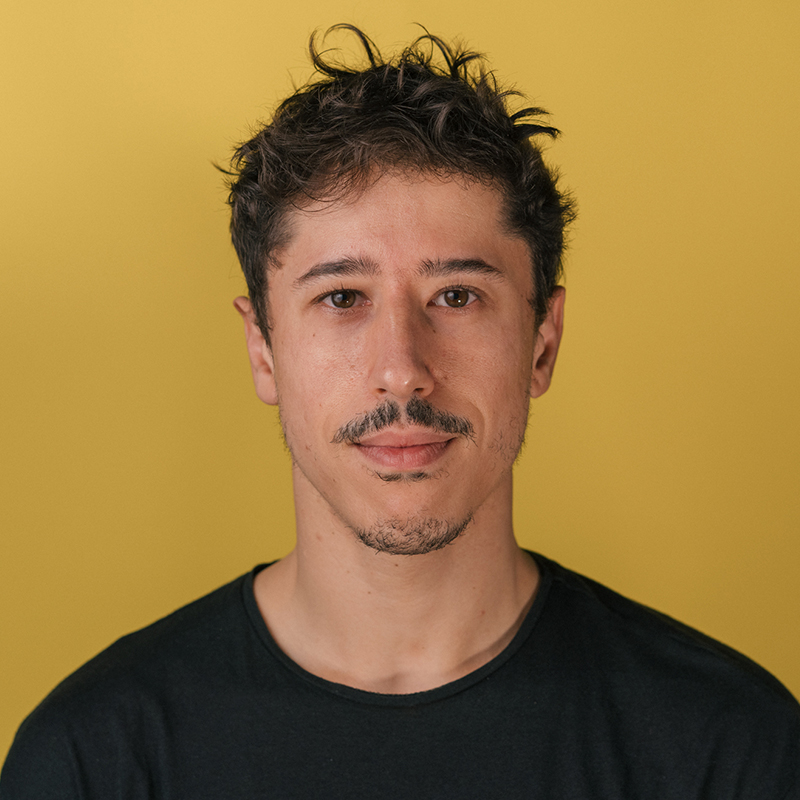
Oscar Gonzalez
Sense Making Expert
Óscar González is an Industrial Engineer based in Barcelona with expertise in data analysis, testing and calibration through his experience in automotive and sensor development. Óscar is the Sense Making lead at Fab Lab Barcelona team doing research and development within the Smart Citizen project and is an instructor at the Fabacademy program.
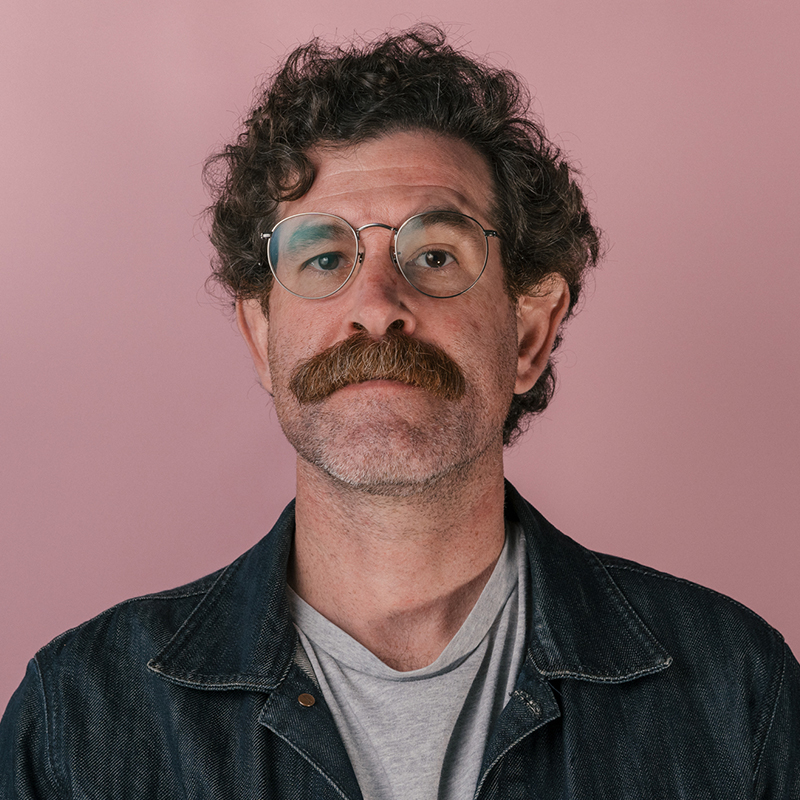
Víctor Barberán Soler
Hardware and Software Expert
Víctor Barberán is an Industrial Designer with more than 20 years of experience developing custom technology for multidisciplinary art and science projects. Throughout his career, Victor Barberán has worked in electronics design, software development, data analysis, modelling and animation, and digital postproduction. Currently, Victor works as part of the Fab Lab Barcelona as a software and hardware developer in multiple research projects, such as the Smart Citizen project. He is also the Electronics lead for the Fabricademy, Fab Academy and the Masters of Design for Emergent Futures program.
